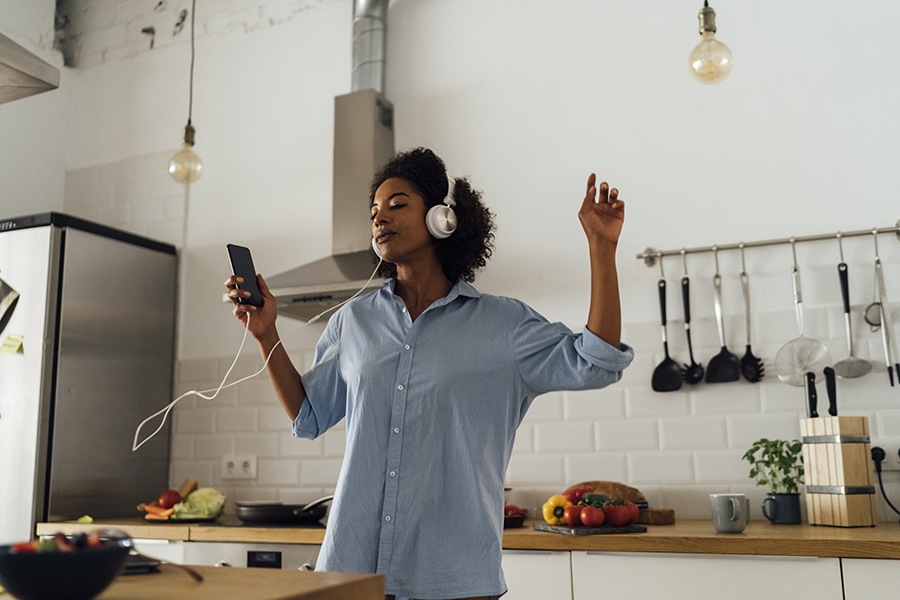Mental Health Resources for the Black and Brown Community in Boston
Find healing through these online communities and therapy databases.

Photo via Getty Images
“I am not well if WE are not well” has become the tagline of the dance cardio studio, Trillfit, in Mission Hill, owned and operated by Heather White—one of the only Black fitness studio owners in Boston. She’s making the inarguable point that American society at large can never truly be well until the systemic racism that harms the physical and mental health of Black and brown communities is eliminated. Finding mental health resources that are culturally competent is vitally important for these communities. Below, find a non-comprehensive list of mental health resources specifically geared toward the Black and brown communities of Boston.
Ashmont Counseling
Founded by Martin Pierre and Dennis Tyrell, Ashmont Counseling serves BIPOC in Dorchester seeking culturally sensitive treatment. Together, they seek to provide treatment to underserved communities.
The Loveland Foundation
Founded in 2018 by Rachel Cargle, the Loveland Foundation helps Black women and girls receive therapy support. The foundation does this by bringing fellowships, residency programs, listening tours, and more to different parts of the country.
Self-Care Is For Everyone
This community was founded in 2018 as a page on Instagram to host and curate a place where mental health advocates, therapists, and healers could gather and promote a stigma-free space to talk about all things mental health and self-care. Now, through conversations and a community that spans the globe, conversations are happening between people.
Black Female Therapists
In an effort to curtail other Black women’s struggle to find therapists with a deep understanding of the issues they face, the directory of Black Female Therapists was born. (Don’t worry, men, there’s a database for you too.)
Therapy for Black Men
The Black community is 20 percent more likely to experience psychological distress than their white counterparts. Among that group, Black men are more likely to commit suicide. Therapy for Black Men seeks to reach that at-risk group by providing the capability to search therapists by specialist and cultural background, as well as read articles and join committees working to improve the collective mental health of Black people in society.
Inclusive Therapists
“Find a therapist that celebrates your identity” is the tagline for this therapist directory. You can also take the guesswork out of the process and have them match you with a therapist after filling out a brief questionnaire.
Black Virtual Therapist Network
BEAM is a 501 (c)(3) non-profit organization removing the barriers that Black people experience obtaining access to emotional health care and healing. Their work involves dismantling the systems that dehumanize Black people in America and work to bring collective practices that can “impact and transform the consequences of oppression on bodies, hearts, and minds.”
LGBTQ Psychotherapists of Color
Not only does this collective provide wellness resources for the LGBTQ community of color, but the volunteer-led group provides support, networking, leadership development, and community building opportunities for those seeking employment in psychology, social work, and counseling.
Innopsych
This database of therapists of color was also born out of the founder’s inability to find a therapist she could confide in as well. InnoPsych’s mission is to bring healing to communities of color by changing how therapy feels and making therapists of color more visible.
McLean Hospital Collab with the NAACP-Boston Chapter
This public awareness and community outreach program works to deconstruct the stigma around mental health in the BIPOC community.

